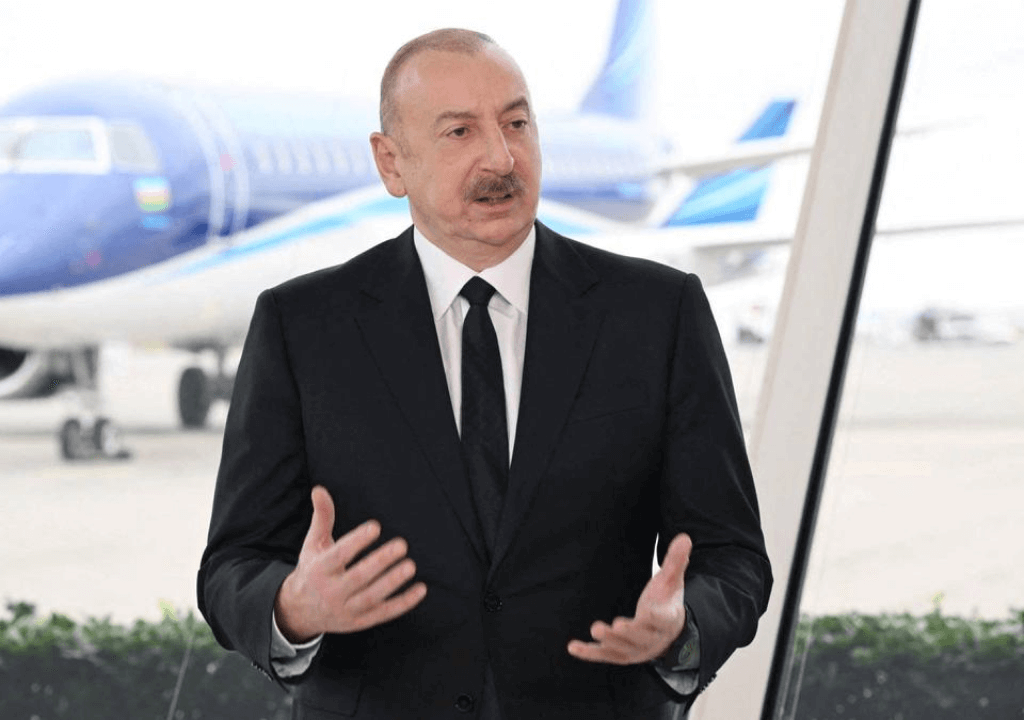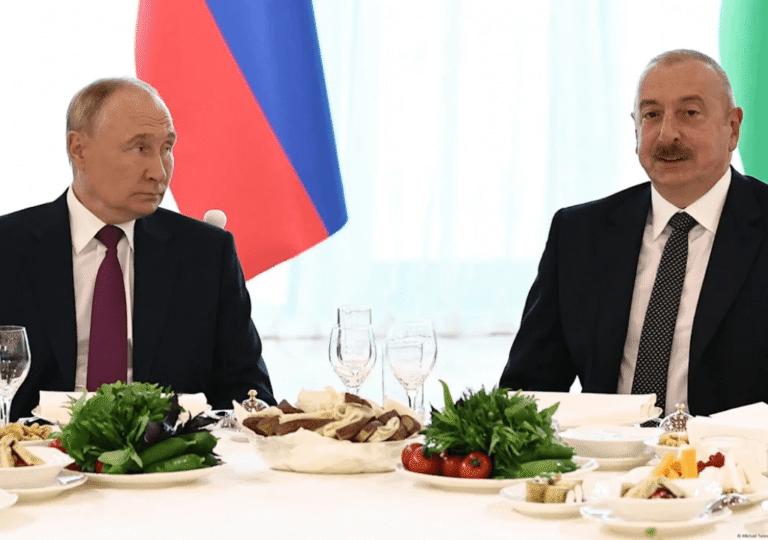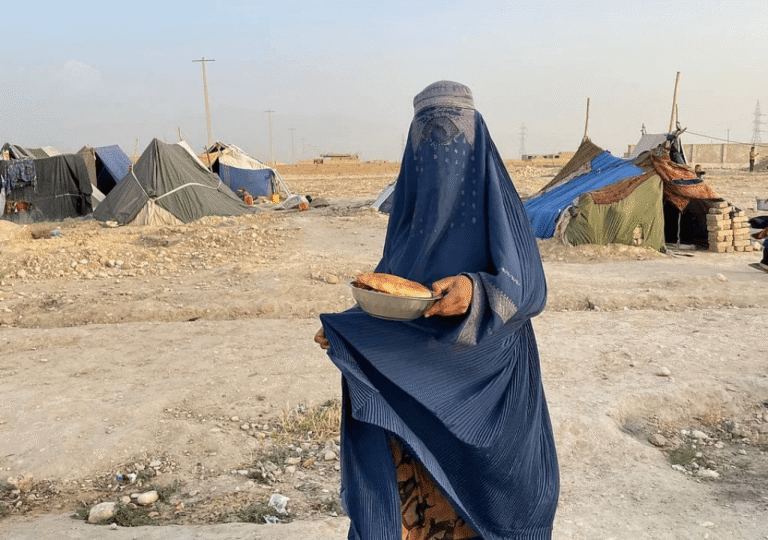Azerbaijan and Russia share a strong and multifaceted relationship, characterized by cooperation in various sectors, from business to politics. They consistently support each other’s interests. Despite Russia’s political turmoil—fueled by its prolonged war and increasing sanctions, with many nations distancing themselves and turning to the West—Azerbaijan remains steadfast in its loyalty to Russia. This enduring commitment has brought Azerbaijan significant benefits, including Russia’s support in reclaiming territories once held by Armenia. As a result, Azerbaijan and its president have become prominent figures, not only in the region but also across the broader Islamic world, earning recognition comparable to that of Vladimir Putin.
Envy often accompanies the sight of seemingly perfect couples, and similarly, some political observers are growing skeptical of the relationship between Azerbaijan and Russia. They question the true strength of their bond. On the surface, the two countries appear to maintain a strong alliance. However, some believe Azerbaijan may shift its allegiances when the time is right, strengthening ties with Turkey and other influential actors to move closer to the West. Despite this potential shift, Azerbaijani President Ilham Aliyev’s close relationship with Vladimir Putin has left little doubt.
The recent tragic incident, in which a Russian defense system reportedly shot down an Azerbaijani Airlines civilian plane, resulted in the deaths of 38 people, including Azerbaijani citizens, sparking widespread outrage and prompting sharp criticism of the Kremlin from President Ilham Aliyev. Aliyev stated that the plane was struck by ground fire over Russian territory and made uncontrollable by electronic warfare, before criticizing Moscow for attempting to conceal the incident for several days. He expressed disappointment with Russia’s handling of the situation and accused the country of suppressing the truth, describing his reaction as upset and surprised by the initial explanations provided by Russian officials. Aliyev pointed out that for the first three days, Russia offered only absurd versions of the events.
Aliyev stated that Azerbaijan had made three demands to Russia regarding the crash. The first was for Russia to apologize to Azerbaijan; the second, for Russia to admit its guilt; and the third, to punish those responsible, hold them criminally accountable, and provide compensation to both the Azerbaijani state and the injured passengers and crew members. Aliyev noted that the first demand had already been fulfilled when Russian President Vladimir Putin issued an apology on Saturday, referring to the crash as a “tragic incident,” though he did not acknowledge Moscow’s responsibility. Putin mentioned that an investigation was ongoing and the final version of events would be revealed once the black boxes were opened. Aliyev also emphasized that Azerbaijan had always supported the involvement of international experts in the investigation. He pointed out that Azerbaijan had “Categorically Refused” Russia’s suggestion to allow the Interstate Aviation Committee, which governs civil aviation within the Commonwealth of Independent States, to handle the inquiry. Aliyev argued that the committee, made up largely of Russian officials and led by Russian citizens, could not ensure the necessary objectivity.
Under normal circumstances, Azerbaijan would not have had the courage to present these demands to Russia. This shift may stem from recognizing Russia’s weakened position, or it could be an effort to placate public anger. Both Aliyev and Putin are adept at directing such drama.
Kremlin spokesperson Dmitry Peskov informed Russian state media on Sunday that President Putin had spoken with Azerbaijani President Aliyev again over the phone, though he did not disclose any details of the conversation. The Kremlin also announced that a joint investigation involving Russia, Azerbaijan, and Kazakhstan was underway at the crash site near Aktau, Kazakhstan. The plane, which was traveling from Baku, Azerbaijan, to Grozny, Chechnya, unexpectedly veered off course toward Kazakhstan, hundreds of miles across the Caspian Sea, and crashed while attempting to land. Dmitry Yadrov, head of Russia’s civil aviation authority, Rosaviatsia, explained that as the plane was preparing to land in Grozny amid thick fog, Ukrainian drones were reportedly targeting the city, prompting authorities to close the area to air traffic. Passengers and crew who survived the crash later told Azerbaijani media that they heard loud noises aboard the plane as it circled over Grozny.
This airplane crash and the subsequent incidents highlight Russia’s growing weaknesses, and Azerbaijan is sensing this shift. The country may seize the opportunity to seek out other allies. However, Aliyev understands that, unlike Zelensky, Azerbaijan cannot afford to distance itself too much from Russia. Most likely, Azerbaijan will maintain its relationship with Moscow, but it now has valid reasons to open discussions with the West.








